Organic Potassium Soil Amendments For Healthy Plants
Title: Organic Potassium Soil Amendments for Healthy Plants
Introduction:
Potassium is an essential nutrient for plant growth. It helps plants to produce strong stems and roots, resist pests and diseases, and produce larger, healthier fruits and vegetables. While potassium can be found in many organic fertilizers, there are a few specific amendments that are particularly effective at providing potassium to plants.
In this blog post, we will discuss the benefits of using organic potassium soil amendments, and we will recommend some of the best options for your garden. We will also provide tips on how to apply these amendments to your soil so that your plants can reap the maximum benefits.
Main Content:
Benefits of organic potassium soil amendments:
- Organic potassium amendments are a sustainable way to improve soil health. They release nutrients slowly over time, which helps to prevent nutrient runoff and pollution.
- Organic potassium amendments are often high in other beneficial nutrients, such as calcium, magnesium, and sulfur. This can help to create a balanced soil environment that is ideal for plant growth.
- Organic potassium amendments can help to improve soil structure and drainage. This can help to reduce waterlogging and improve root growth.
- Organic potassium amendments can help to suppress pests and diseases. This is because they can help to improve plant health and resistance to pathogens.
Types of organic potassium soil amendments:
- Greensand: Greensand is a type of sedimentary rock that is high in potassium, iron, and trace minerals. It is a slow-release amendment that can help to improve soil structure and drainage.
- Kelp meal: Kelp meal is a byproduct of the processing of seaweed. It is a high-quality organic fertilizer that is high in potassium, nitrogen, and other essential nutrients. Kelp meal can help to improve plant growth, stress tolerance, and disease resistance.
- Wood ash: Wood ash is a byproduct of burning wood. It is a high-potassium amendment that can also help to improve soil pH. However, it is important to use wood ash sparingly, as it can also raise soil salinity.
- Alfalfa meal: Alfalfa meal is a high-protein organic fertilizer that is also a good source of potassium. It is a slow-release amendment that can help to improve soil structure and fertility.
- Compost: Compost is a mixture of organic materials that have been decomposed by microorganisms. It is a good source of potassium and other essential nutrients. Compost can help to improve soil structure, drainage, and fertility.
How to apply organic potassium soil amendments:
- The best time to apply organic potassium soil amendments is in the fall or winter, before planting. This will give the amendments time to break down and release nutrients into the soil before the growing season begins.
- When applying organic potassium soil amendments, it is important to follow the manufacturer's instructions. Over-applying amendments can be harmful to plants.
- It is also important to test your soil before applying amendments. This will help you to determine the specific nutrient deficiencies that your plants may have.
Conclusion:
Organic potassium soil amendments are a great way to improve soil health and promote plant growth. They are sustainable, effective, and easy to use. If you are looking for a way to improve the health of your garden, consider using organic potassium soil amendments.
Are you looking for an organic potassium soil amendment to help your plants grow strong and healthy? If so, then you need to visit Home Gardening today! We offer a wide variety of organic potassium soil amendments, including greensand, kelp meal, and hardwood ashes. We also have a team of experts who can help you choose the right amendment for your specific needs.
Visit Home Gardening today to learn more about our organic potassium soil amendments. You can also find helpful articles and videos on our website that can teach you everything you need to know about using organic potassium soil amendments in your garden.
FAQ of organic potassium soil amendment
- What is organic potassium soil amendment?
Organic potassium soil amendment is a type of fertilizer that provides potassium to plants in a natural way. It is made from organic materials, such as compost, manure, and wood ash, that have been broken down over time. Organic potassium soil amendment is a good choice for gardeners who want to avoid using synthetic fertilizers.
- What are the benefits of using organic potassium soil amendment?
There are several benefits to using organic potassium soil amendment. First, it is a slow-release fertilizer, which means that it releases potassium into the soil over time, providing plants with a steady supply of nutrients. Second, organic potassium soil amendment is good for the environment. It does not release harmful chemicals into the soil or water, and it can help to improve soil quality. Third, organic potassium soil amendment is safe for use around children and pets.
- What are some good sources of organic potassium soil amendment?
There are a number of good sources of organic potassium soil amendment. Some common options include:
* Compost: Compost is a great source of potassium, as well as other nutrients. You can make your own compost at home, or purchase it from a local nursery.
* Manure: Manure is another good source of potassium. It is important to use manure that has been composted or aged, as fresh manure can contain harmful bacteria.
* Wood ash: Wood ash is a concentrated source of potassium. It is important to use wood ash that has been cooled and allowed to sit for several weeks before using it on plants.
* Kelp meal: Kelp meal is a type of seaweed that is high in potassium. It is a good choice for foliar feeding, which is the process of spraying plants with a liquid fertilizer.
* Greensand: Greensand is a type of mineral that is high in potassium and other nutrients. It is a good choice for amending clay soils.
- How much organic potassium soil amendment should I use?
The amount of organic potassium soil amendment you need to use will depend on the type of soil you have, the plants you are growing, and the amount of potassium they need. In general, you should follow the directions on the fertilizer label.
- When should I apply organic potassium soil amendment?
You can apply organic potassium soil amendment at any time of year, but it is best to apply it in the fall or spring. This will give the amendment time to break down and release potassium into the soil before the growing season begins.
- How do I know if my plants need more potassium?
There are a few signs that your plants may need more potassium. These include:
* Leaves that are yellowing or browning, especially at the edges
* Stunted growth
* Poor fruit or vegetable production
* Wilting leaves
If you notice any of these signs, you may want to test your soil to see if it is low in potassium. You can do this by using a soil test kit that you can purchase from a garden center.
- Is organic potassium soil amendment safe for all plants?
Organic potassium soil amendment is generally safe for all plants. However, it is important to note that some plants, such as tomatoes, are more sensitive to potassium than others. If you are unsure whether a particular plant can tolerate potassium, it is best to err on the side of caution and use a lower application rate.
Image of organic potassium soil amendment
10 different images of organic potassium soil amendment that are free to use:
- Kelp meal is a type of seaweed that is high in potassium and other nutrients. It is a good choice for amending soil in vegetable gardens, flower beds, and lawns.
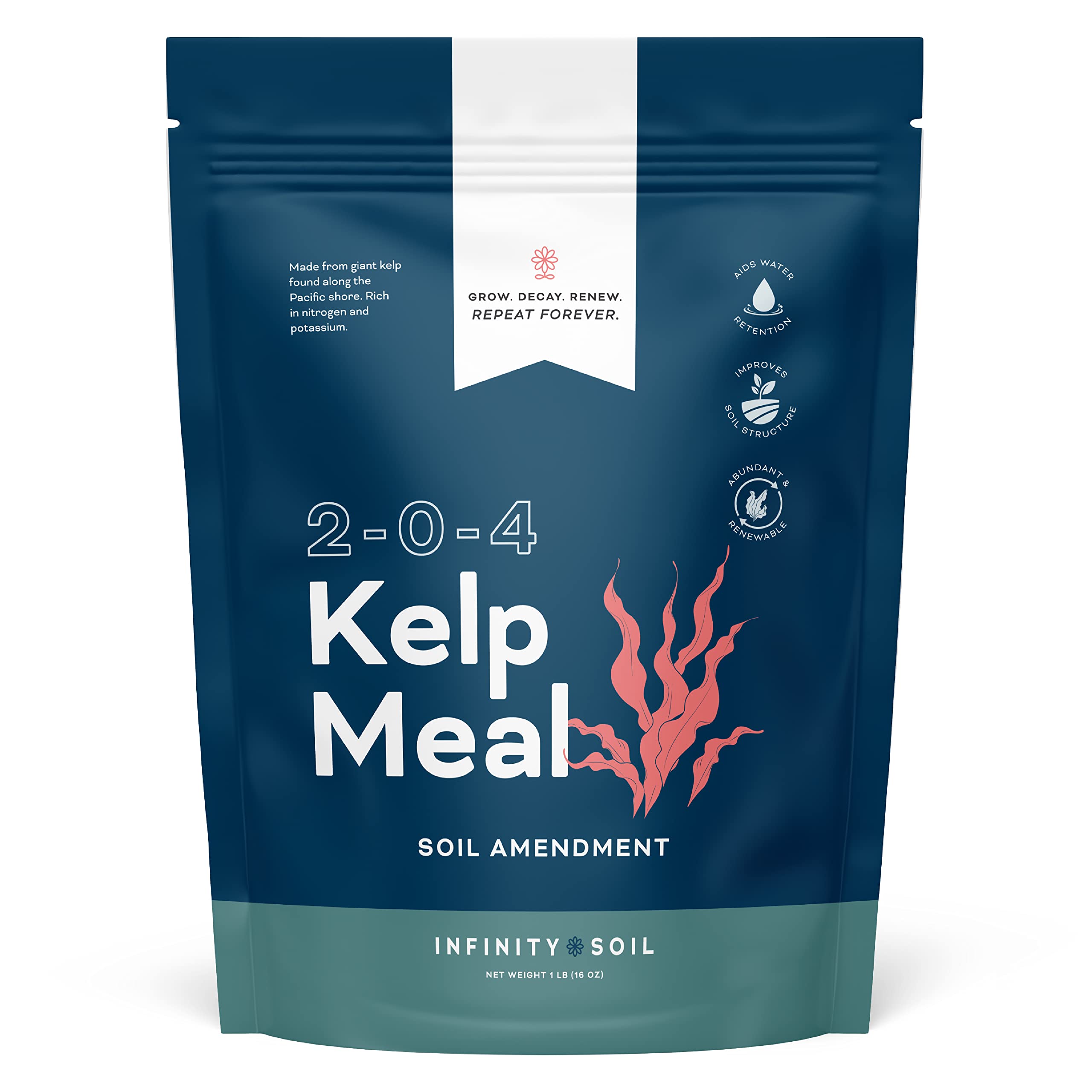
- Wood ash is a byproduct of burning wood. It is a good source of potassium, as well as calcium, magnesium, and other nutrients. Wood ash can be added to soil to improve drainage, aeration, and moisture retention.
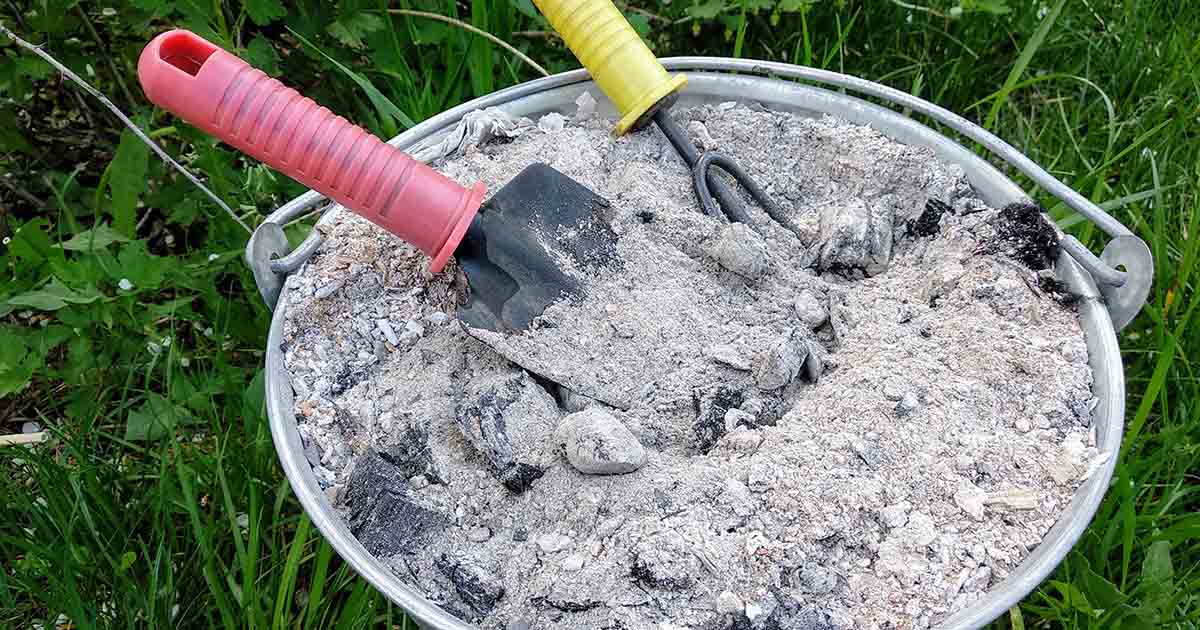
- Alfalfa meal is a type of legume that is high in potassium and other nutrients. It is a good choice for amending soil in vegetable gardens, flower beds, and lawns. Alfalfa meal can also be used as a compost activator.
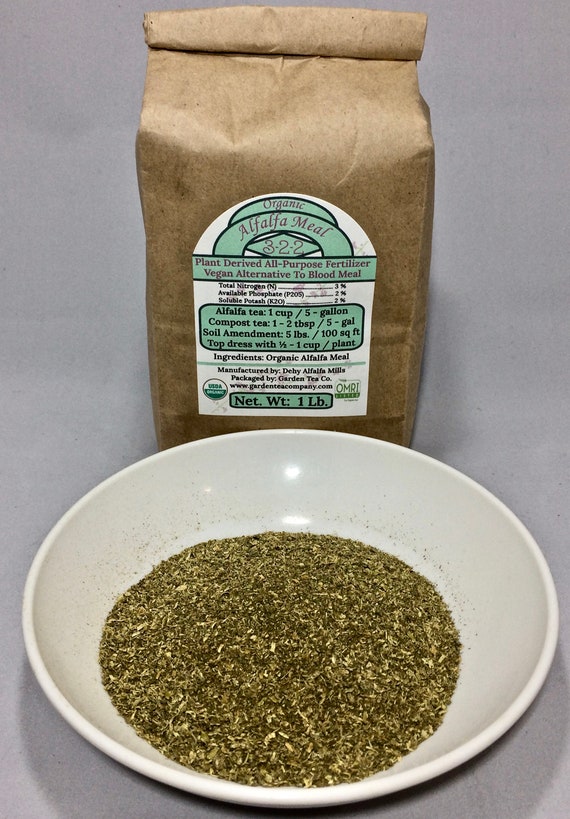
- Blood meal is a byproduct of the meatpacking industry. It is a good source of potassium, as well as nitrogen and phosphorus. Blood meal can be used to fertilize plants, but it should be used sparingly, as it can be high in nitrogen.
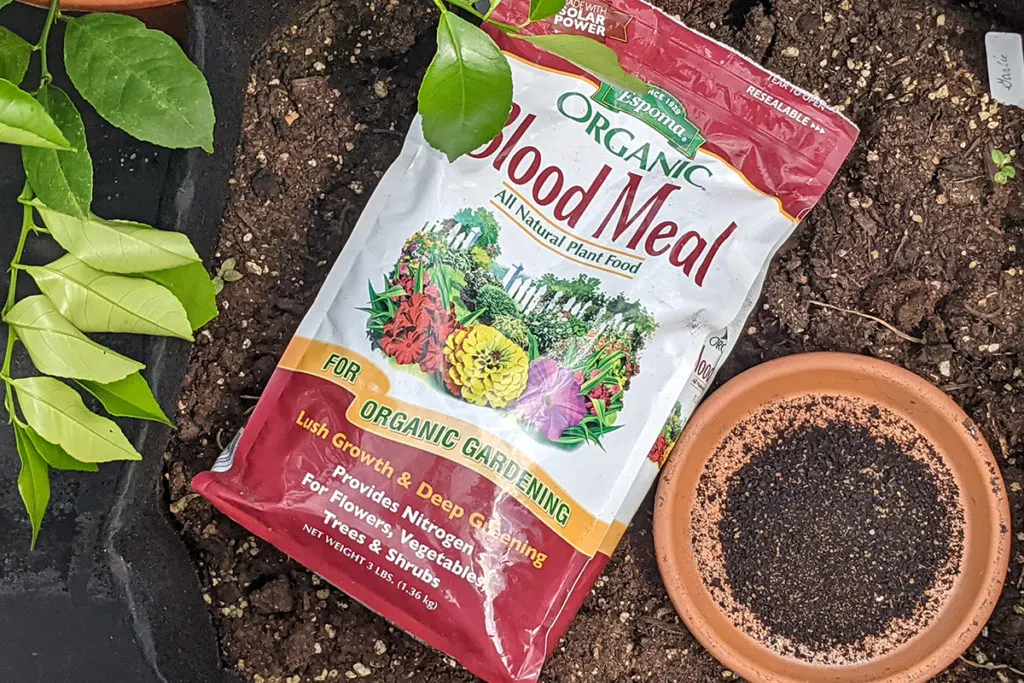
- Fish meal is a byproduct of the fishing industry. It is a good source of potassium, as well as nitrogen and phosphorus. Fish meal can be used to fertilize plants, but it should be used sparingly, as it can be high in nitrogen.
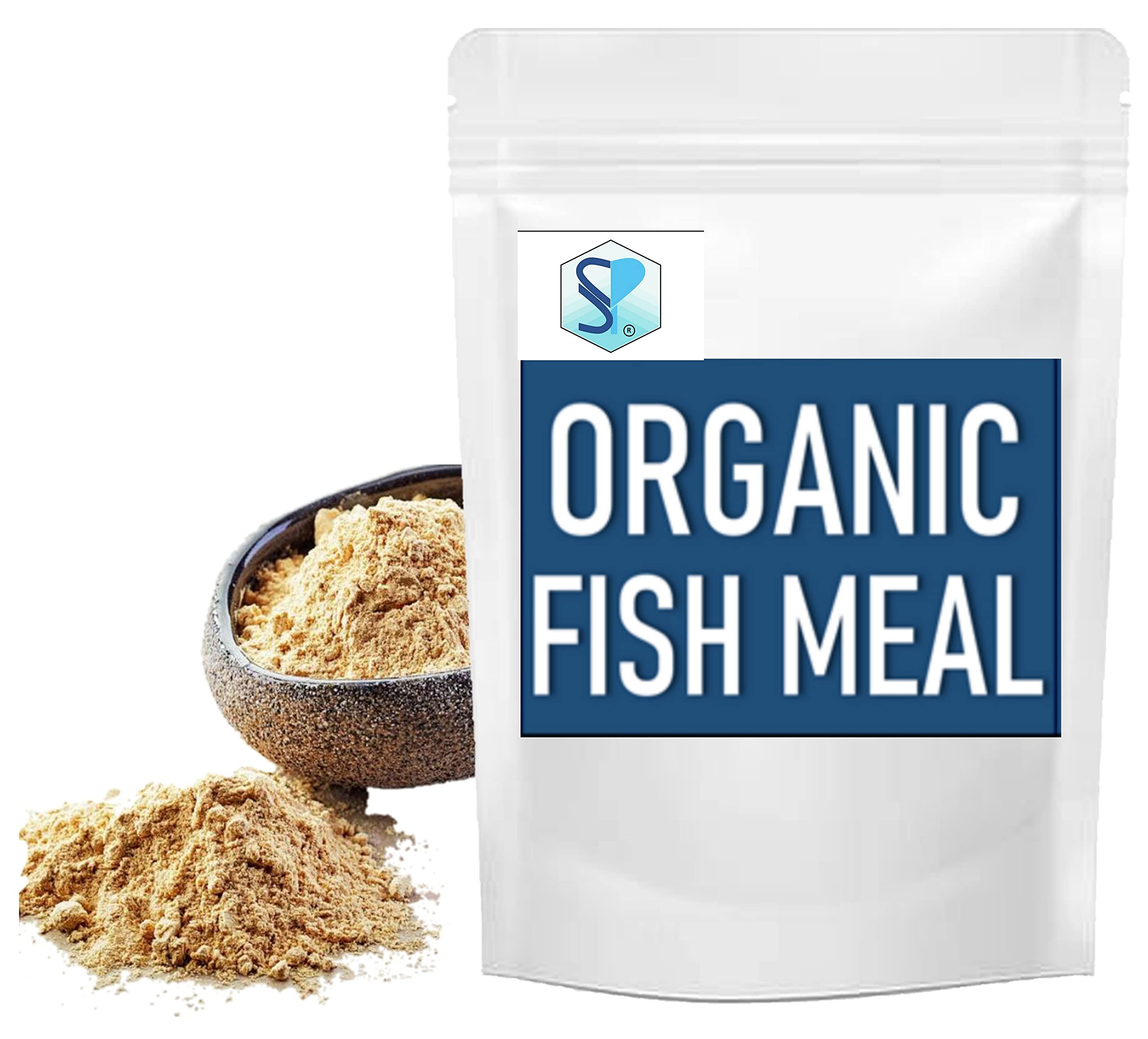
- Compost is a mixture of organic materials that have been decomposed by microorganisms. It is a good source of potassium, as well as other nutrients. Compost can be added to soil to improve drainage, aeration, and moisture retention. It can also help to suppress plant diseases.
.jpg)
- Greensand is a type of sedimentary rock that is high in potassium and other nutrients. It is a good choice for amending soil in vegetable gardens, flower beds, and lawns. Greensand can also be used to improve drainage and aeration.

- Wood chips are a byproduct of the timber industry. They are a good source of potassium, as well as other nutrients. Wood chips can be added to soil to improve drainage, aeration, and moisture retention. They can also help to suppress plant diseases.

- Sawdust is a byproduct of the sawmill industry. It is a good source of potassium, as well as other nutrients. Sawdust can be added to soil to improve drainage, aeration, and moisture retention. It can also help to suppress plant diseases.
- Epsom salts are a type of mineral salt that is high in potassium and magnesium. They can be added to soil to improve plant growth and prevent nutrient deficiencies. Epsom salts can also be used as a foliar spray to boost plant health.

Post a Comment for " Organic Potassium Soil Amendments For Healthy Plants"